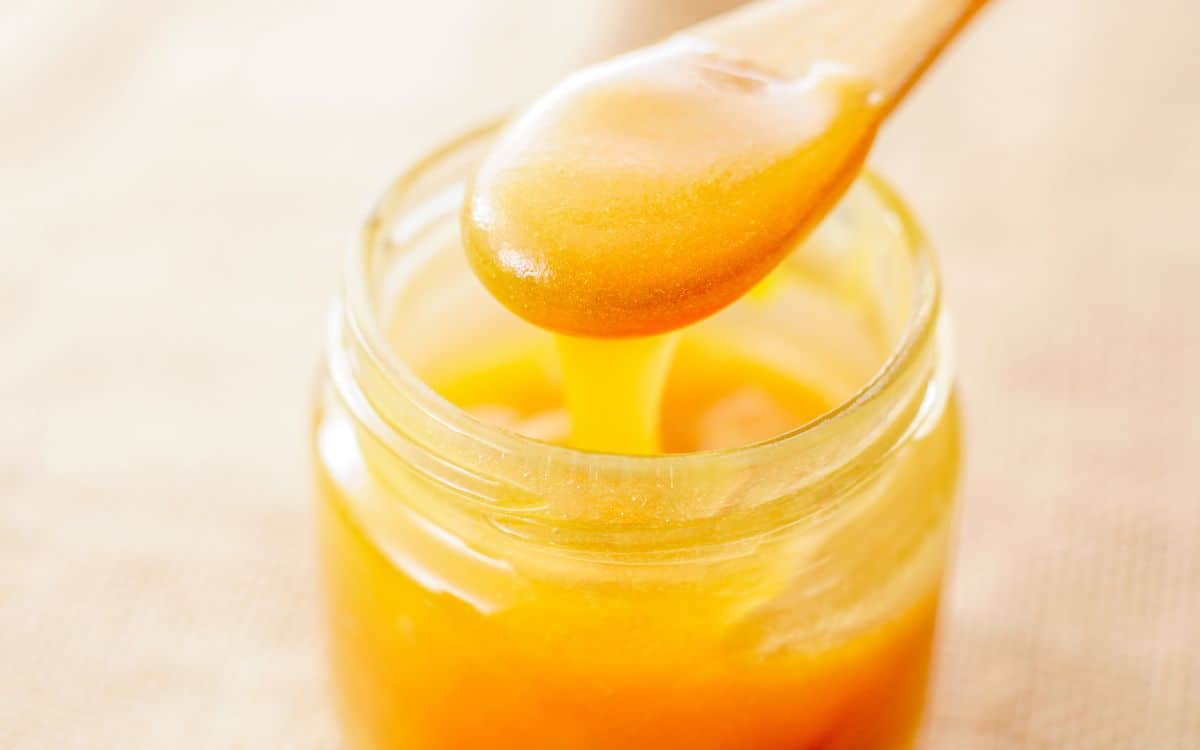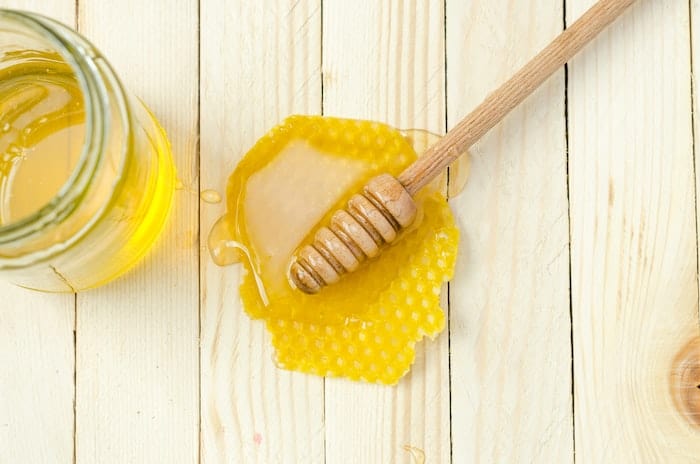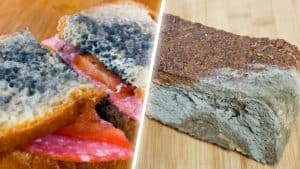Honey is one of the most popular home remedies that help fight off infections during allergy, cold, and flu seasons and even beyond. For many centuries, honey has been used as a medicinal and food product at the same time.

However, manuka honey is one specific type of honey that has gained a loyal following in the past few years because of its purported antibacterial qualities, with science even backing up the claims. Manuka honey is luxe honey from New Zealand that boasts a long list of healing properties. But there are a few concerns about this healing honey, especially in terms of heating.
Does heating manuka honey kill good bacteria?
While manuka honey could be the flu and cold defense you need, heating it might make it lose its effectiveness and kill the good bacteria because of its sensitivity to hot temperatures.
Keep on reading to learn more about manuka honey and the best way to consume it to preserve all its good qualities.
Can You Heat Manuka Honey?
Manuka honey is heat-sensitive, which means you need to keep it cool all the time to enjoy all the goodness it has to offer. It is a type of honey that contains beneficial enzymes. The enzymes in manuka honey are naturally occurring bio-ingredients that are responsible for their antibacterial properties.
Similar to other types of bio-ingredients, the enzymes present in manuka honey, which include the extremely essential antibacterial compound called methylglyoxal, can get destroyed by high heat or even prolonged exposure to high temperatures.
This explains why it is not advisable nor recommended to add manuka honey to hot water. The general rule of thumb here is to consume manuka honey directly.
If you want to use it to sweeten your coffee or tea or you prefer drinking warm honey, it is best to stick to using water that is not hotter than 104 degrees Fahrenheit or 40 degrees Celsius.
Why You Shouldn’t Heat Manuka Honey
Pasteurization is the process where food is heated to kill off bacteria. It is an easy and quick means of prolonging the expiration of food. But the high heat used in the process can result in the loss of most of the beneficial bio enzymes and amino acids in the food.
However, honey doesn’t need to undergo pasteurization because you can store it at room temperature for years. This is also the reason why it is not recommended to use manuka honey as a baking ingredient except if your only goal is to get the unique aroma of the honey and you are not worried that the bio enzymes are lost because of the heat.
It is also the reason why many manuka honey products are cold-processed and micro-filtered to get rid of dirt, dust, and pollen residues. Doing so ensures that the beneficial enzymes found in manuka honey don’t get killed off, thus allowing the honey to retain all its good antimicrobial properties.
What is Manuka Honey?
Bees pollinating the Manuka bush in the country of New Zealand produce manuka honey. It is a rare type of honey that is only produced for a few weeks annually when the Manuka bush is in bloom, which makes this type of honey a very limited resource.
Every time bees pollinate from the manuka bush, the insects produce more potent honey compared to the standard honeybee honey because of the higher concentration of MGO or methylglyoxal.
MGO is a substance present in the nectar of certain Manuka plants. It is responsible for giving the nectar its antibacterial and antiviral properties.
Although you can also find this compound in most types of honey, manuka honey has been found to contain the highest concentrations of MGO out of all the rest.
Manuka honey has a slightly bitter and strong taste that is quite common in darker types of honey.

What are the Benefits of Manuka Honey?
Unlike other types of alternative treatments, there is scientific evidence to back up the claims about the health benefits of manuka honey. Clinical studies have revealed that manuka honey can be very effective against many types of bacteria, which include strains that are resistant to antibiotics.
Many different types of honey have been continuously used as a form of natural antibiotics for centuries. The ability of honey to kill off germs is due to the hydrogen peroxide that the bee enzyme has produced.
Manuka honey can also attack germs even further due to its high MGO concentration. In fact, even the FDA has already given its approval to use manuka honey as a dressing for wounds thanks to its antibacterial qualities.
Manuka honey also has anti-inflammatory and antiviral properties that might help in the treatment of different ailments. It makes the honey an ideal choice to help fight off bacteria and viruses during the flu and cold seasons.
To help build your first line of defenses once the colder months come, you can mix manuka honey into your favorite herbal tea or take it on its own straight from a spoon. Manuka honey has a natural power that goes to work immediately in your mouth and throat to protect and soothe at the same time.
How to Use Manuka Honey
You can increase your energy levels and boost your immunity if you add manuka honey to your regular diet. But even if it is considered an ideal replacement for refined sugar, it is still important for you to keep in mind that honey is still a form of sugar, which means that you need to use and consume it in moderation.
Unlike refined sugar, you can also find antioxidants and trace nutrients in manuka honey that can help replenish your body and assist in achieving natural blood sugar balance.
Below are a few simple ways to add manuka honey to your diet and enjoy the perks of this natural pick-me-up ingredient:
Mix manuka honey with other popular anti-inflammatory ingredients like matcha, turmeric, or ginger to lessen inflammation.
Dilute one spoonful of manuka honey in water and use it as a natural post-workout refuel or energy boost.
Drizzle a small amount of manuka honey to top off your toast, smoothies, whole grain pancakes, morning oatmeal, or yogurt for that much-needed immune boost.







